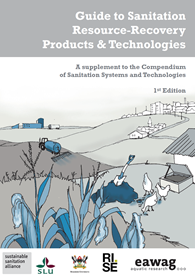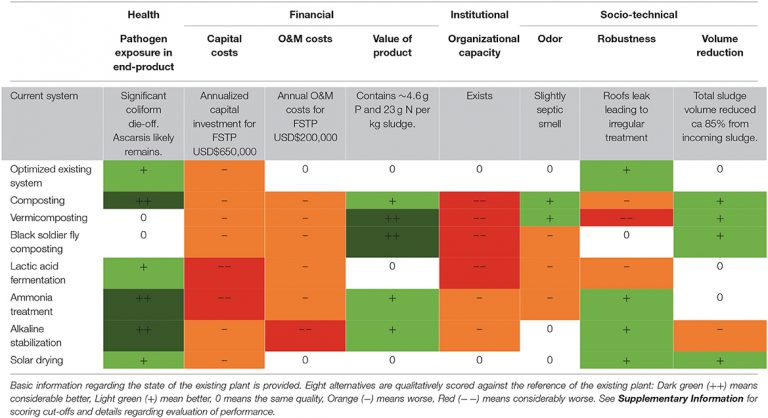SPANS-projektet om sanitetsplanering för alternativa näringsämnesåtervinningssystem har publicerat sin första policyinformation. Kortfattat presenteras resultat från en studie om kapital- och driftskostnader för sanitet i Kampala, Uganda. Det konstaterades att kostnaderna för avloppssystem årligen är 13 gånger högre än för system som hanterar avföringsslam. Avloppssystem får en större andel av den offentliga finansieringen än avföringsslamsystem, samtidigt som de endast betjänar 1% av storstadsregionen. Strategier som syftar till rättvis och inkluderande sanitet måste överväga alternativa sanitetssystem och tjänster där användare åtnjuter lika stora offentliga medel.
HUR MYCKET BÖR SÄKERHETSHANTERADE SANITATIONSSYSTEM KOSTA? Klicka här, för att veta mer.






